This article is SATIRE. Quotes, attributions and facts are fictional.
LOS ALAMITOS, Calif.– Every hour of the school day, high school students methodically complete each of the New York Times games. They hammer through the website, completing each game while they sit determined in class.
Staring with great intensity at the empty letter boxes of a daily Wordle game or the empty squares of the Crossword Mini has proven to be infinitely more stimulating for students than staring at the blank Google Doc that their teacher assigned four days earlier.
Many students report they would much rather play these entertaining mind games than complete their classwork assignments or study for upcoming tests. These intellectual games have provided kids with a beacon of light during their dark, monotonous days.
“I play Wordle every day, and I aim to improve consistently. I cut down on the time it takes me to complete games, develop advanced drills and strategies, and do not stop until I am finished. It doesn’t necessarily help me get better grades since I play this instead of my work but I’m definitely improving,” William Klump, a sophomore at Los Alamitos High School said.
These games have begun to spread beyond just Gen Z. The “Wordlitis” that has struck the lives of youth seems to be spreading to the older generations as well, whether they are working in a cubicle or on the road, any time is an appropriate time to play Wordle or Connections quickly.
Earlier this year, after noticing this pattern specifically among teenagers in high school, The School of Hard Puzzles, a prestigious school for word game makers located in New York City, decided to conduct a study to see if these New York Times games really do increase the intelligence of youth.
With this newfound information, many highly acclaimed education professionals are demanding that school districts rethink their curriculums and possibly make a move in the direction of short games such as the ones created by the New York Times. School districts have been recommended to dissolve their English departments to replace them with various Wordle courses.
As intelligence begins to be measured by one’s ability to guess five-letter words and group random items together, it seems that it is only a matter of time before high school diplomas are transformed into Wordle statistic pages and college applications are written entirely in crossword puzzles.
As we anticipate this day, students should continue their daily training one mini puzzle at a time to ensure that the leaders of the next generation are prepared to face the biggest challenge of all, never missing a day of the NYT games.
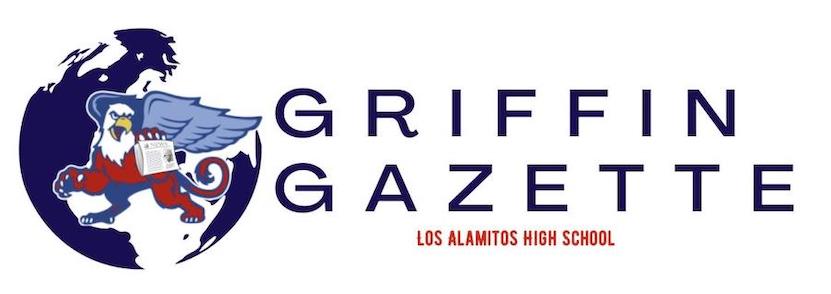



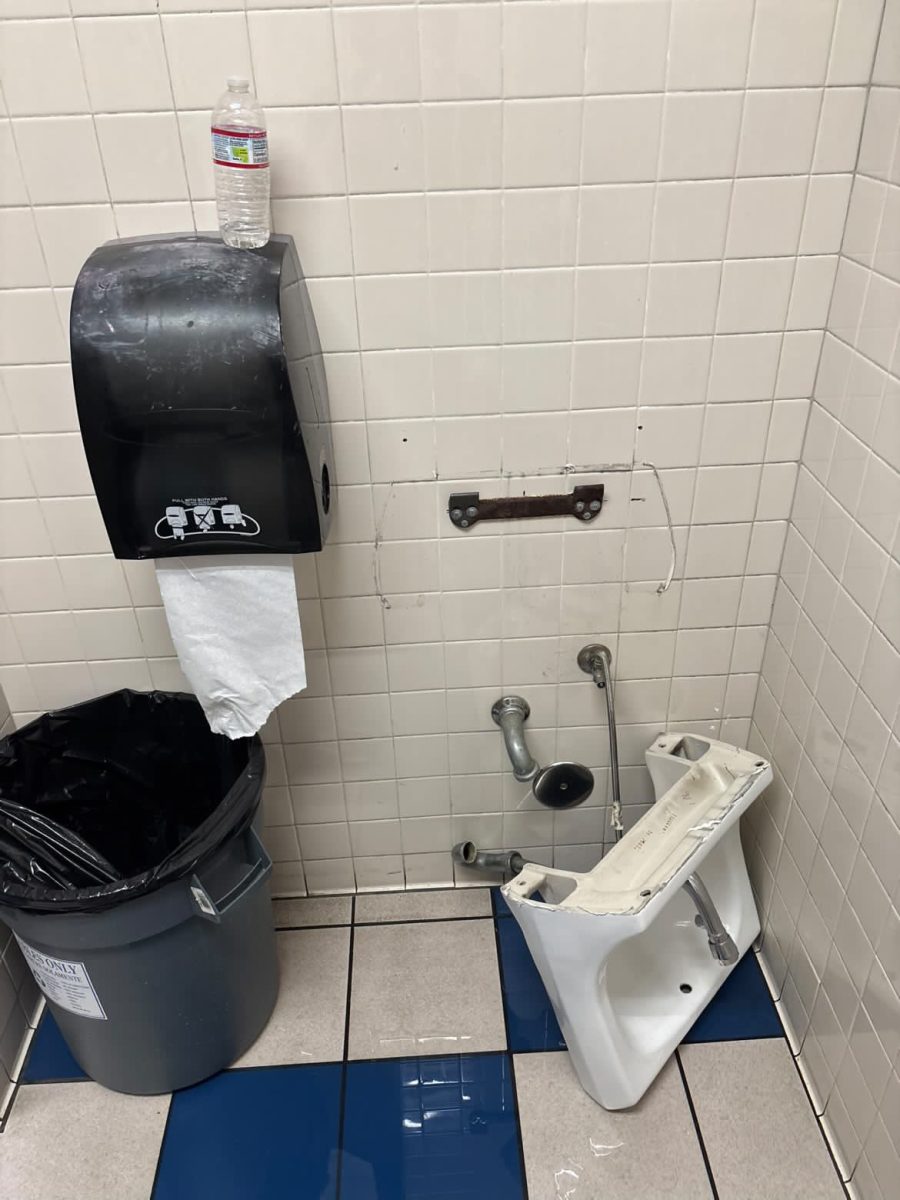
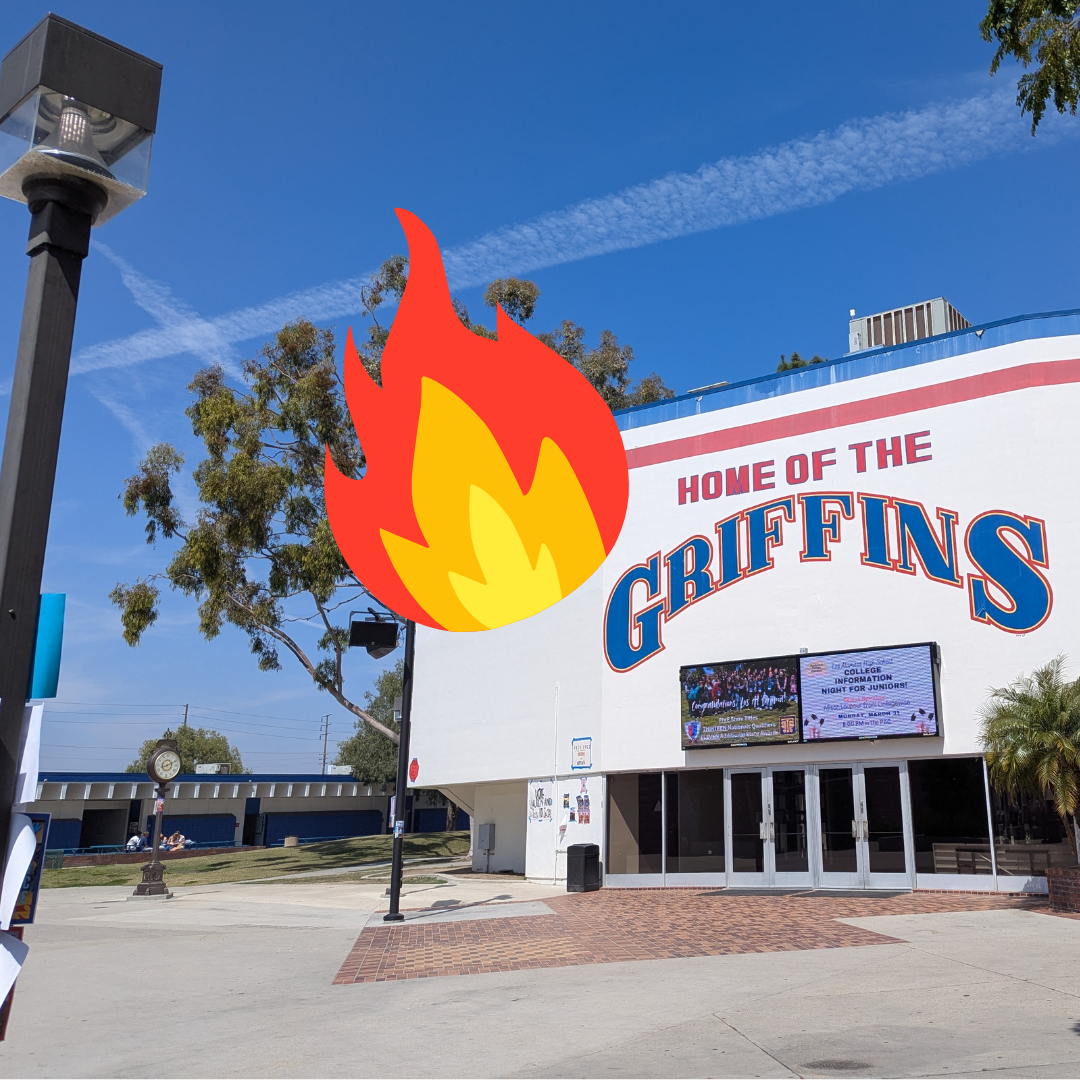
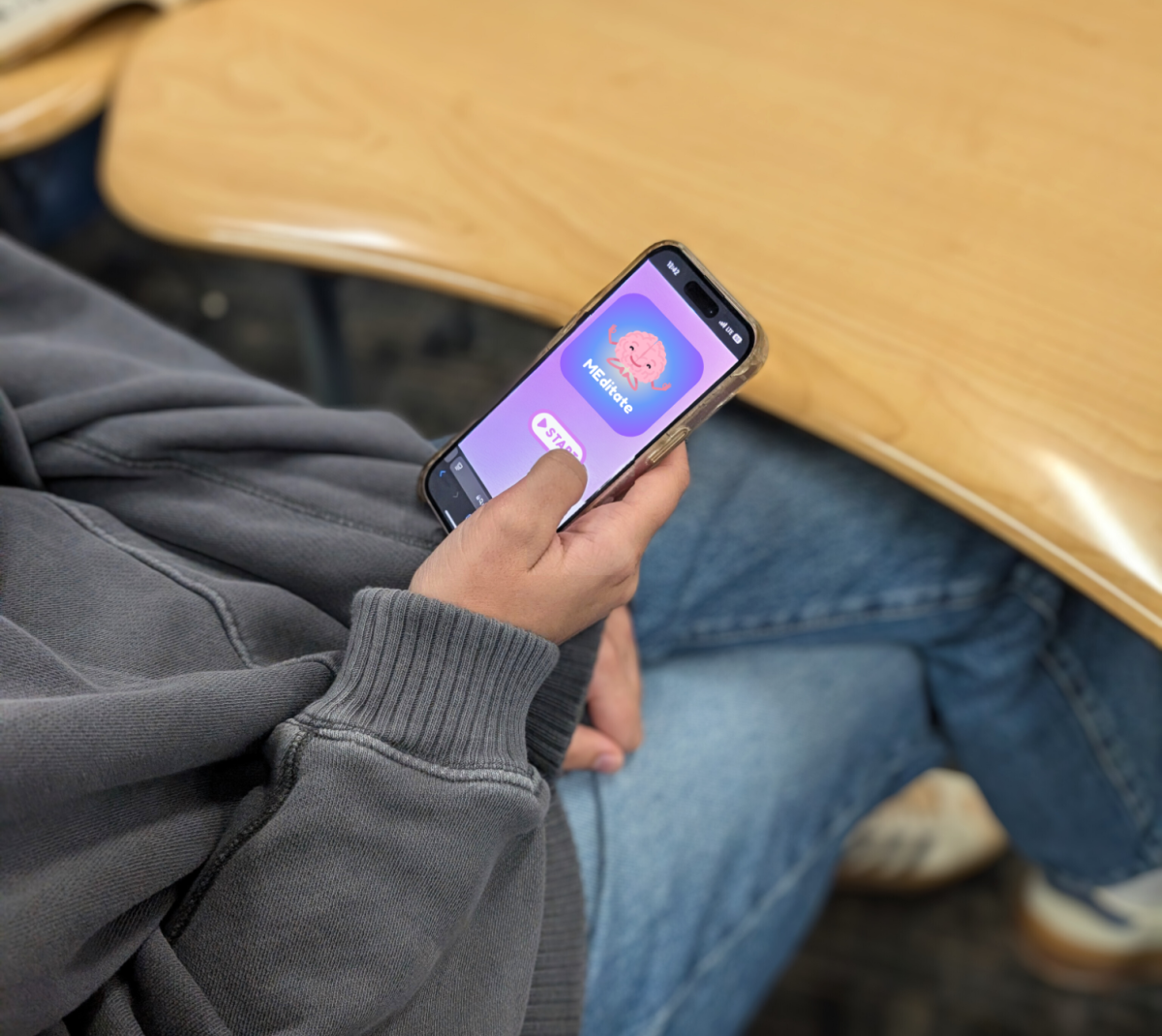
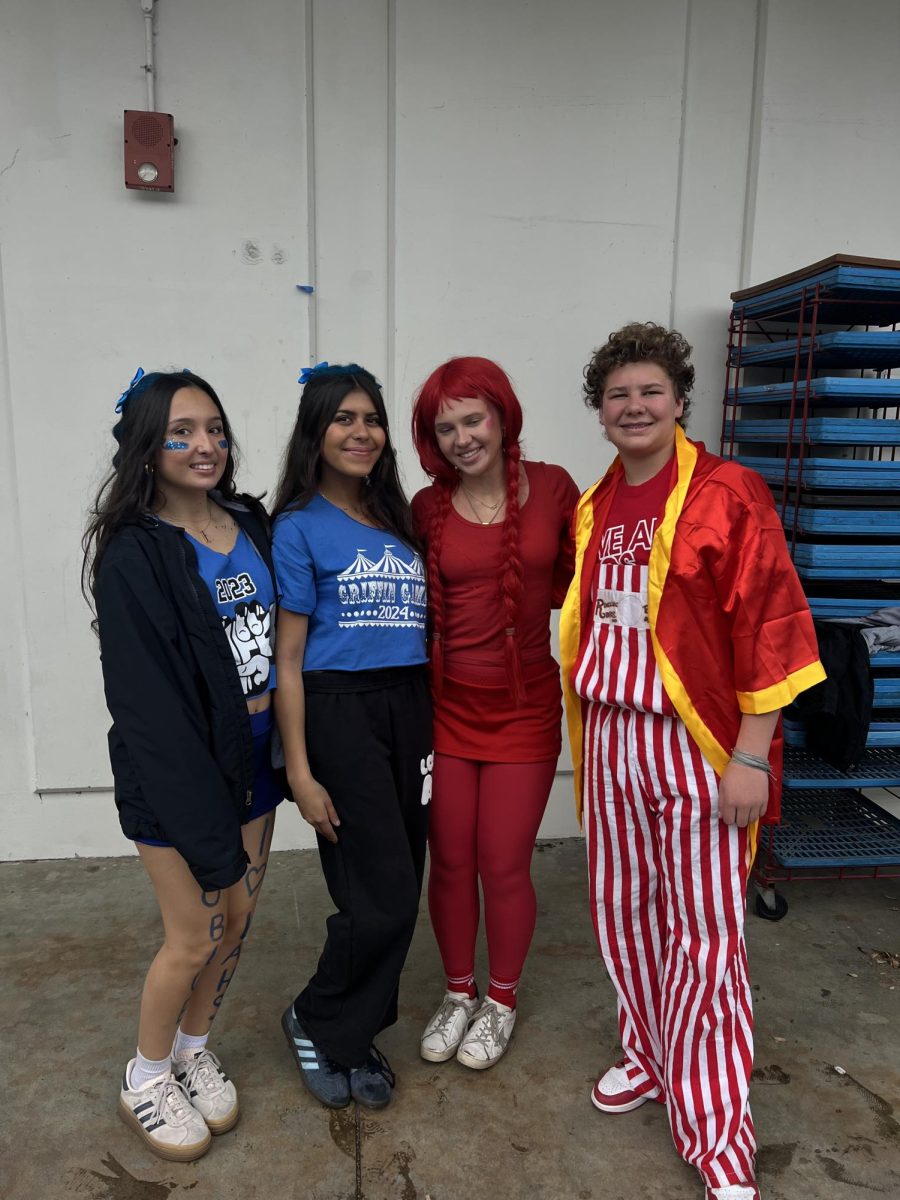


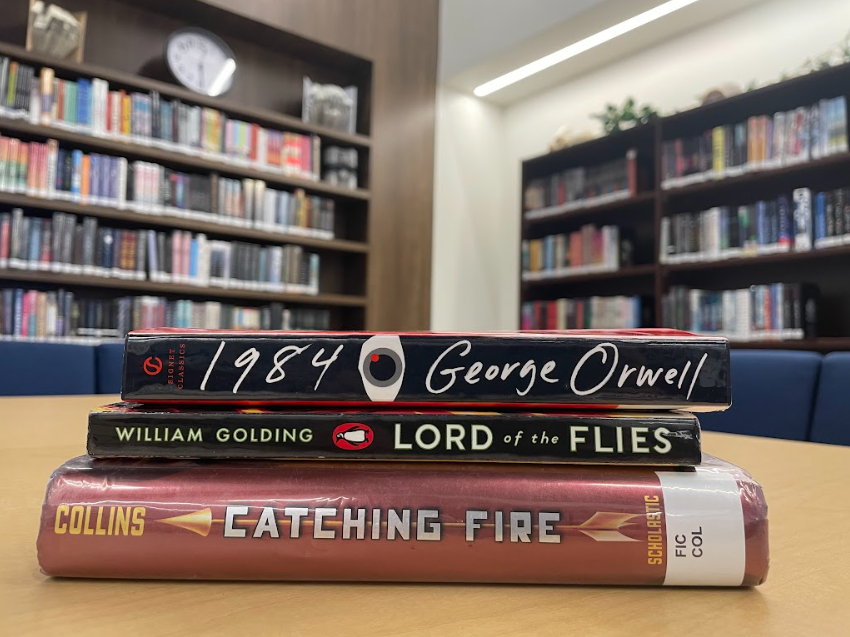
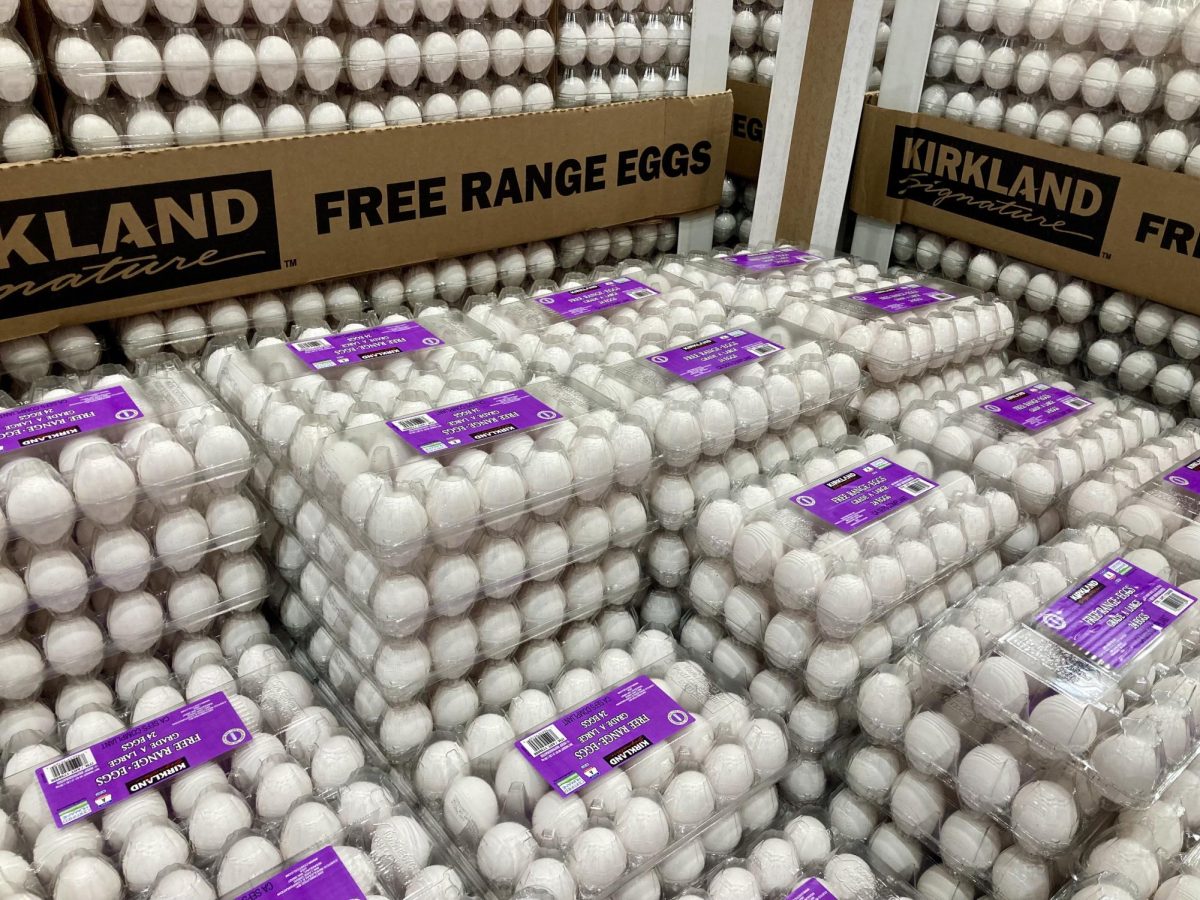

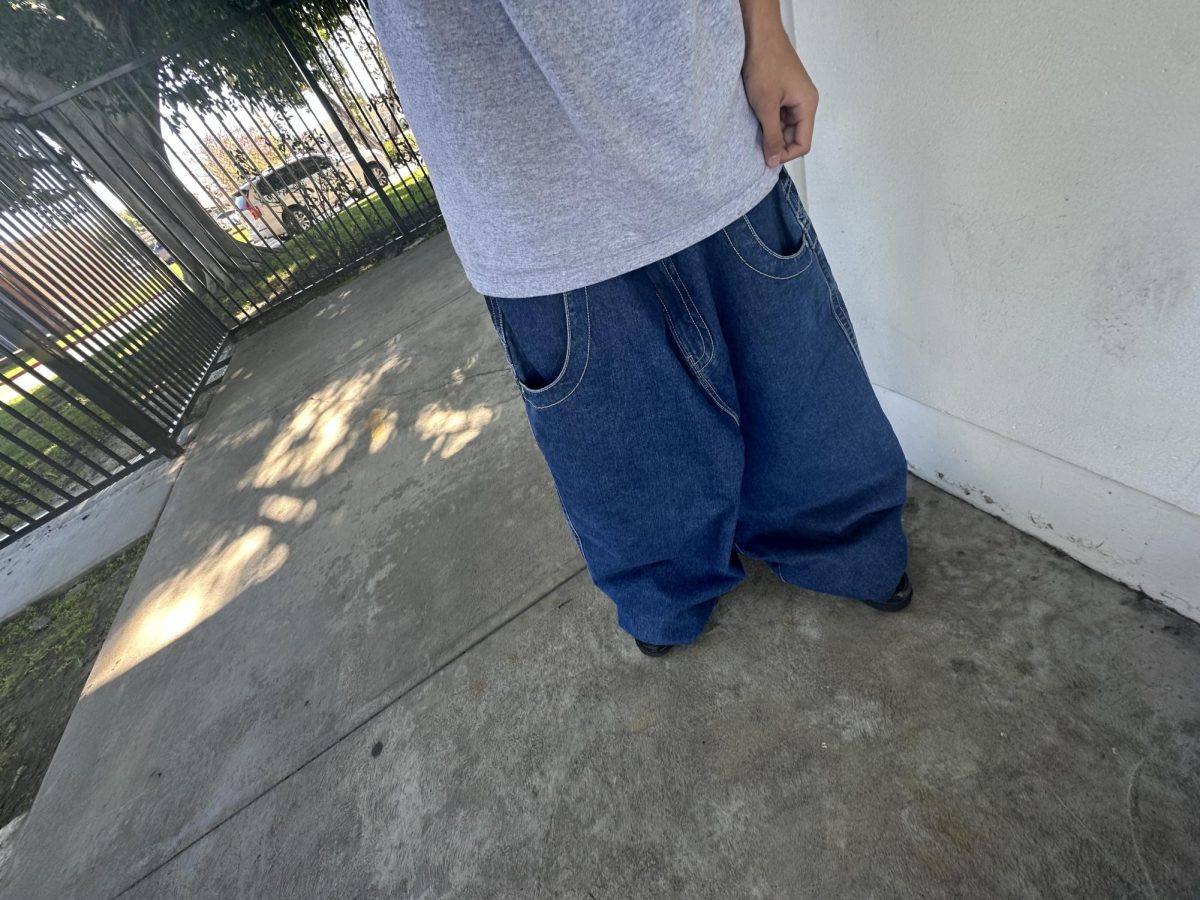

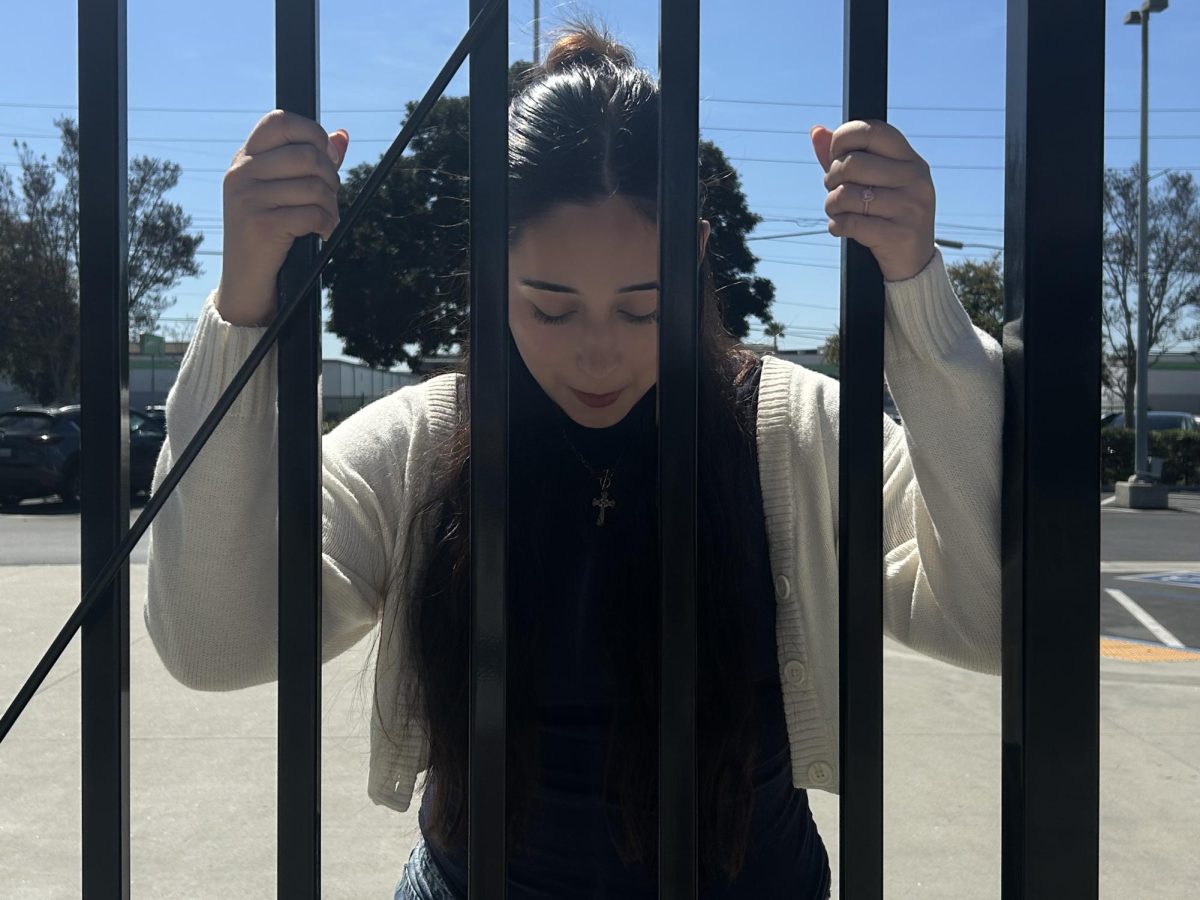
Alizabeth Martin • Apr 1, 2025 at 12:36 pm
I love the name Fillmore Squares for your quote! This article is great and so true, I love the NYT games.